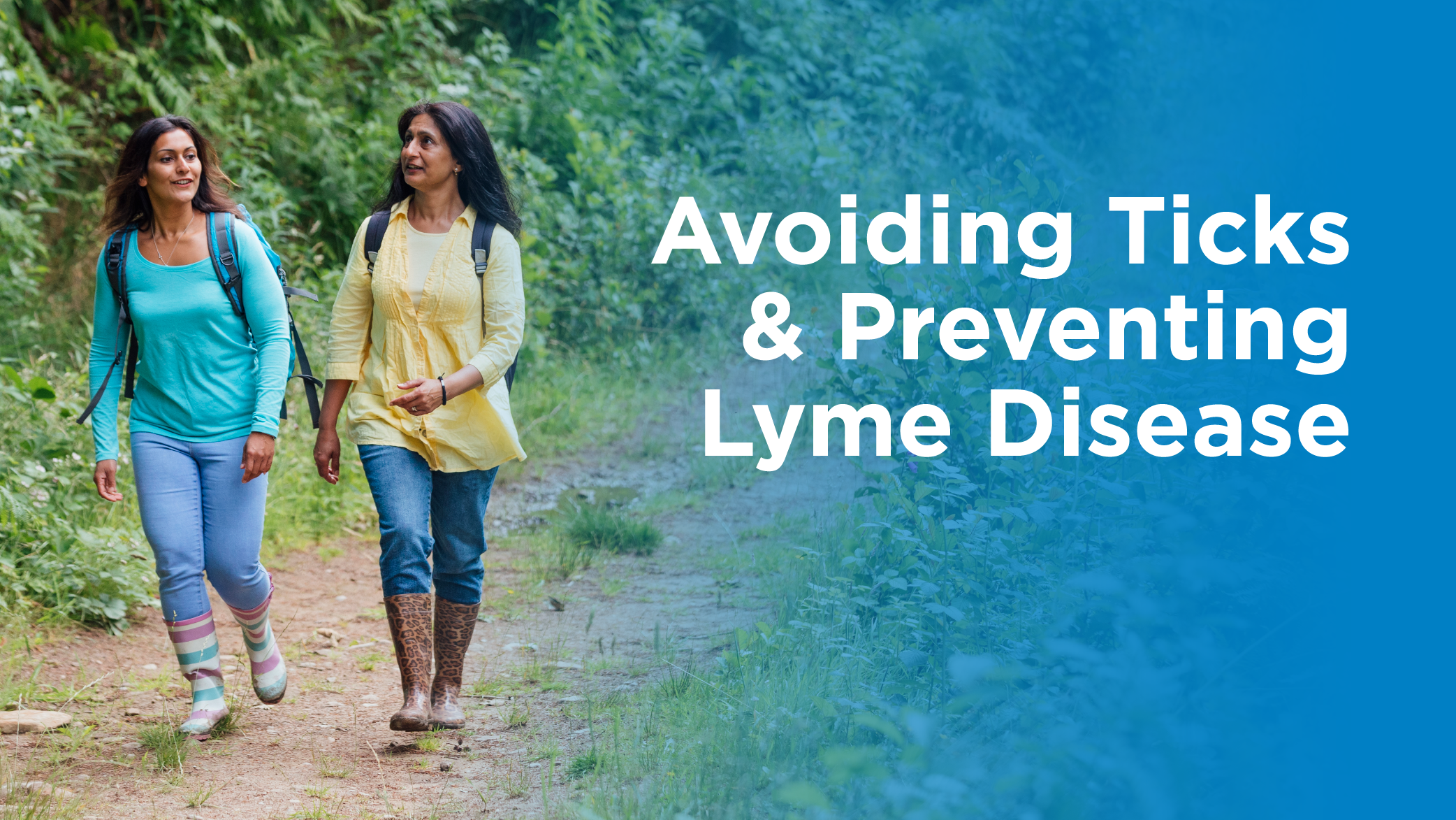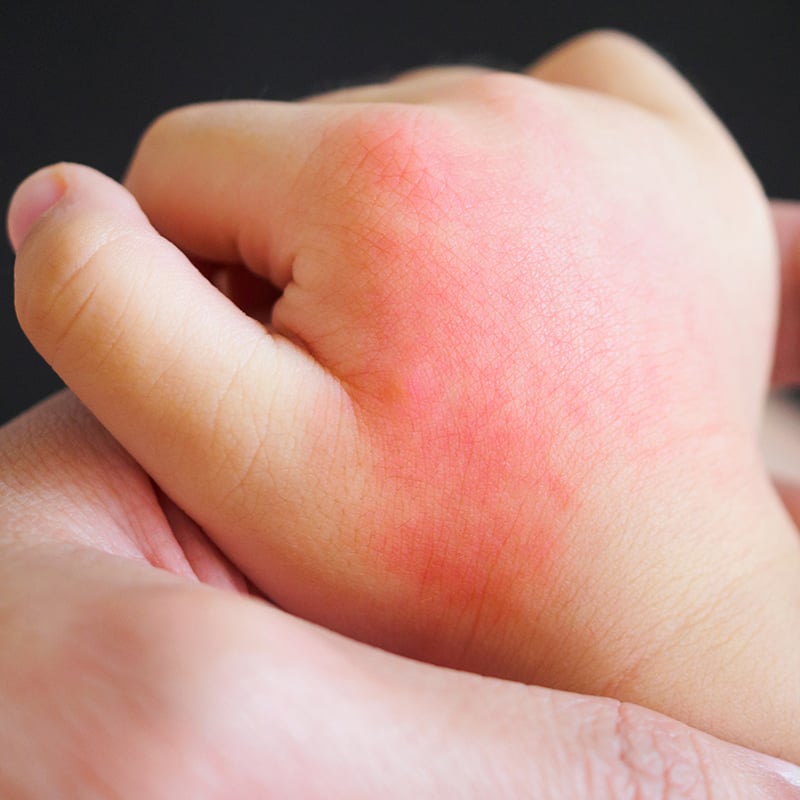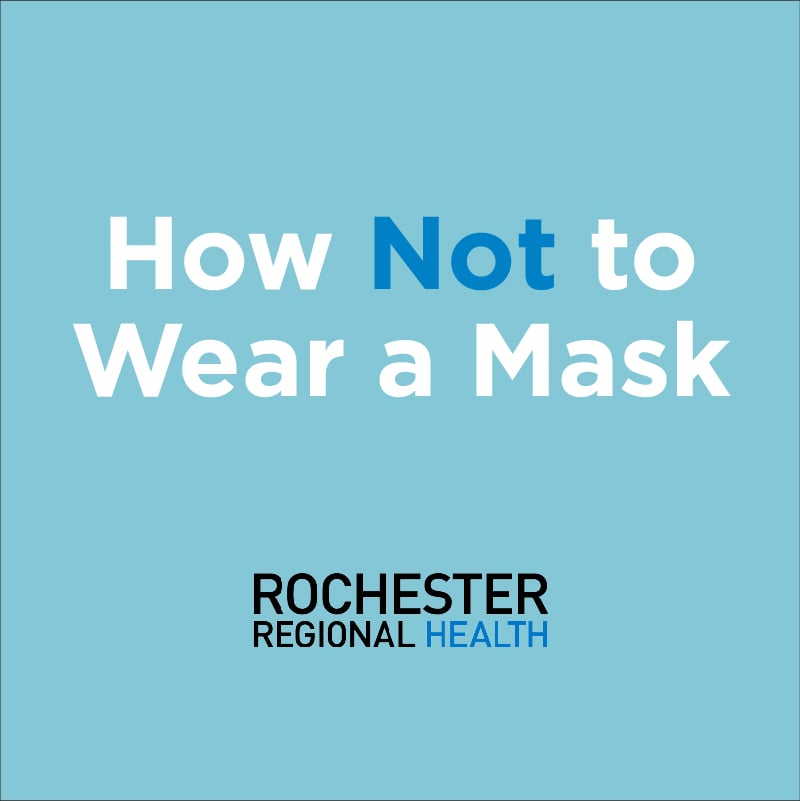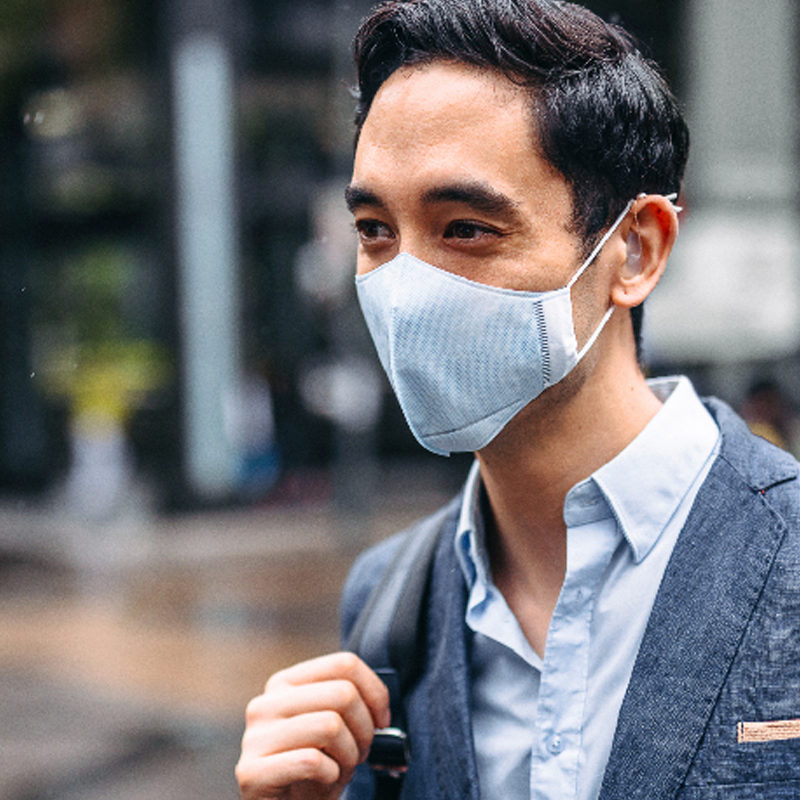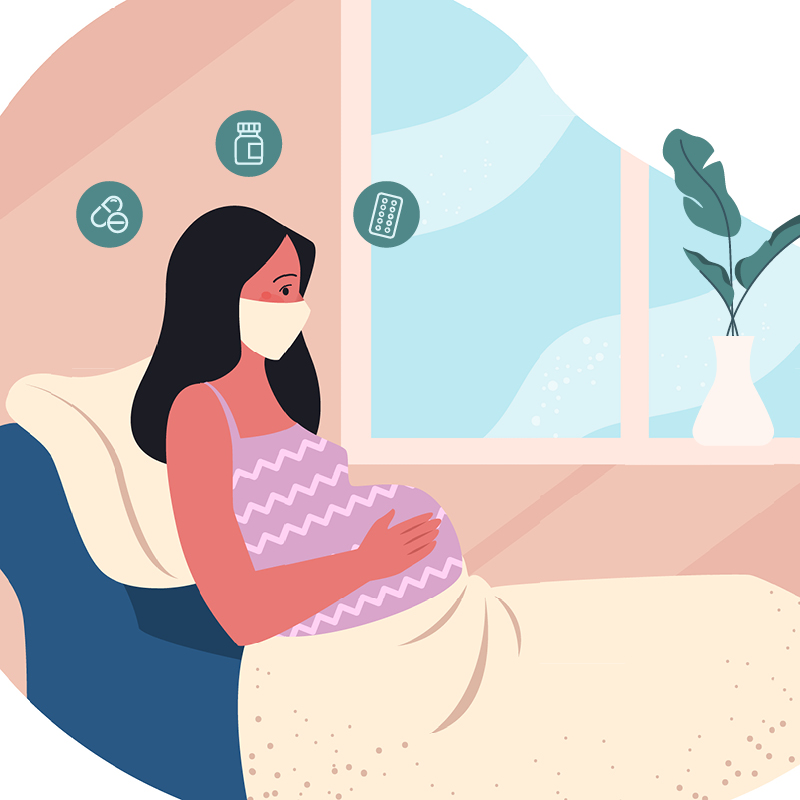Ticks are small, parasitic insects that live off of other living creatures, like humans and pets. We are most likely to encounter them in areas with a lot of vegetation, such as in long grasses, bushes, or in the woods.
Ticks have the potential to transmit many diseases. The disease most people are familiar with, and the most prevalent, is Lyme disease. Lyme disease is an infectious disease that can cause a range of symptoms such as rash, pain, fatigue, and even fever.
Because ticks bites are most common in the early summer months, our Rochester Regional Health Urgent Care providers offer tips on avoiding ticks and what to do if you are bitten by one.
How widespread are ticks?
Ticks can be active at any time when the temperature is above freezing. This includes most of spring, summer, and part of the fall months. They are most commonly found in shady, moist areas of the ground. They live in and around tall grasses, bushes, gardens, and in or at the edge of woods.
Ticks are prevalent at all times of day. During the summer months, keep an eye out for ticks and take measures to keep them off of you.
How to prevent tick bites
The simplest way to avoid getting bitten by a tick is to avoid overgrown areas where they are most likely to be present. For those who enjoy spending time outdoors, especially hiking or camping, there are preventative measures that can be taken to keep ticks off of you.
- Wear light-colored clothing. Light-colored clothing will help you notice ticks more easily and shake them off if you spot one.
- Cover up. Where close-toed shoes, long pants, and a long-sleeved shirt. Try tucking your pants into your socks to ensure full coverage.
- Use insect-repellent. Bug sprays, including mosquito repellent, can help keep ticks away. Spray it on your clothes and shoes.
- Check yourself frequently and remove ticks.
- Shower as soon as you get home. Before you shower, check your body thoroughly for ticks.
For those who like spending time outdoors or in the woods, avoiding areas with long grass and shrubs will reduce the likelihood of getting a tick.
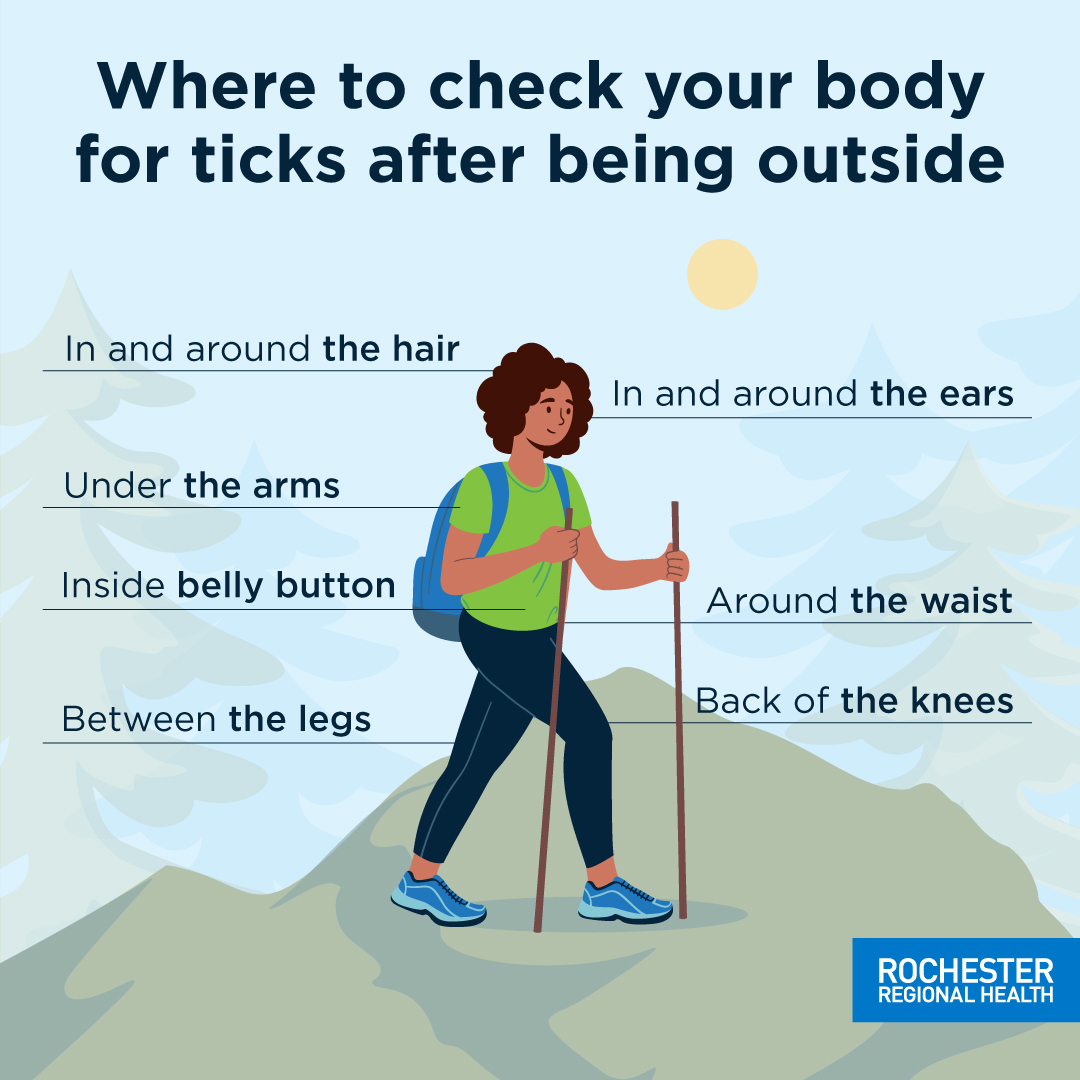
What to do if you're bitten by a tick
Unlike most bugs, ticks typically remain attached to your body after they bite you. In some cases, a new tick can be shaken off of your skin. However, if the tick has been on the skin for a bit longer, it may be more difficult to remove.
If you notice a tick that has latched to your skin, you can attempt to remove it on your own, but very carefully.
Get a good pair of fine point tweezers, get as close to the skin as possible, and grab hold of it. Then, pull slowly and steadily, applying constant pressure, to pull it out.
Do not grab the tick with your fingers and attempt to remove, as this can cause the tick to break, leaving some of it under your skin. If you experience any difficulty removing a tick, go to the nearest urgent care location for assistance.
If you are unsure how long the tick has been attached or are concerned about the transmission of Lyme disease, visit one of our nearby urgent cares after removing a tick.
When evaluating a tick bite, there are times when a one-time dose of antibiotics can prevent Lyme disease. At Rochester Regional Urgent Care locations, we have this treatment available.
Lyme disease
Lyme disease is caused by the bacteria Borrelia burgdorferi, and is transmitted to humans through a bite from an infected tick. For this to happen, a tick has to be present on skin for at least 24 hours.
Lyme disease can affect everyone differently. The most common symptoms include:
- Rash, usually circular, resembling a bulls-eye
- Joint pain or swelling
- Fatigue
- Muscle aches
- Headache
- Fever
If you suspect you may be experiencing Lyme disease symptoms, call your primary care provider for an evaluation.

